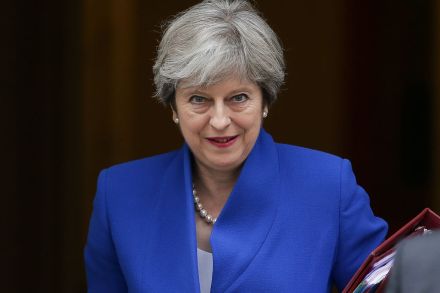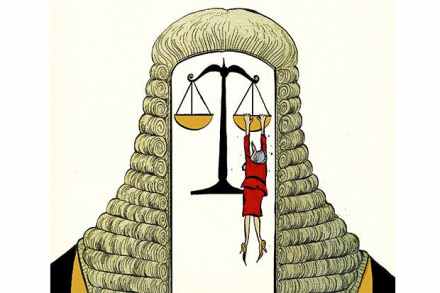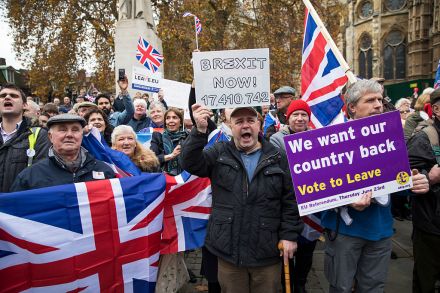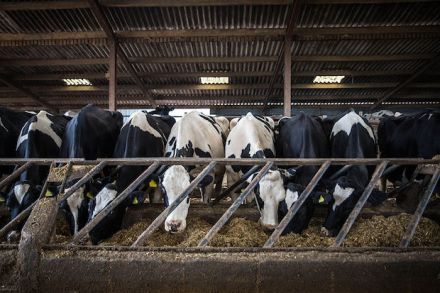What the papers say: The dangers of a rushed Brexit
Theresa May is back from holiday and the Brexit work continues in earnest. Over the next few days, two key papers – spelling out detail on the customs union and the Irish border – will be published. There’s no doubt, says the Times, that this ‘is a crucial week for Brexit’. ‘After more than a year of disagreement and drift’, there are now some ‘encouraging signs’ that things are slowly being put in order: the joint article written by Philip Hammond and Liam Fox and which was published yesterday advocating a transition period, is one such sign. The publication of reports ‘to flesh out the banal slogans’ touted so frequently so




















